David Helfgott Plays Rachmaninov: Piano Concerto No. 3; Four Preludes; Sonata No. 2 This is perhaps the most famous recording ever made of Rachmaninoff's Third Piano Concerto, and probably the worst. Poor David Helfgott, who may have been a great virtuoso before his well-publicized mental breakdown, can barely hack his way through this concerto. Perhaps the cruel practice of issuing a live performance recording spares the expense of endless retakes, but it also exposes the pianist's severe deficiencies. The studio-recorded solo pieces are played accurately, perhaps due to endless retakes, but they are so devoid of musical impulse that Helfgott sounds as though he's on heavy tranquilizers. Try Alexis Weissenberg's version of the Rach 3 (RCA Victor Gold Seal 09026-61693-2), or anybody's. —Leslie GerberGeorges Bizet - L' Arlesienne - Suite No. 2 - Symphonie No. 1 Gershwin: Rhapsody in Blue/Cuban Overture/Porgy and Bess Suite/An American in Paris Gladiator No Description Available
No Track Information Available
Media Type: CD
Artist: GLADIATOR
Title: SCORE
Street Release Date: 04/25/2000
Domestic
Genre: SOUNDTRACKGrieg: Peer-Gynt-Suiten 1 & 2; Aus Holbergs Zeit No Description Available.
Genre: Classical Music
Media Format: Compact Disk
Rating:
Release Date: 30-MAY-1989Paganini: 24 Caprices for Solo Violin Piano Fantasy: Music for Two Pianos [Box Set] Poulenc: Concerto for 2 Pianos; Piano Concerto; Aubade Ravel - Grieg: Klavierkonzerte Soul of the Tango: The Music of Astor Piazzolla Yo-Yo Ma might seem like an unlikely protagonist for the tango, but this intrepid musical explorer has taken his task seriously, collaborating with experienced tango musicians. Ma even participates in a posthumous collaboration with one 1987 Piazzolla recording. Furthermore, while he's obviously the headliner here, he doesn't dominate the arrangements nearly as much as he does the billing and photography of the disc. While the result isn't your essential Piazzolla album (that would have to include more of the composer's own playing), it's an atmospheric and convincing collection, perhaps a good introduction for those who don't know the music. —Leslie GerberThe Story of Us 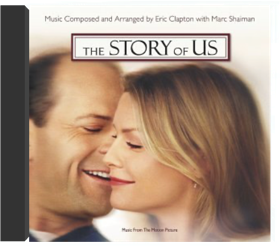 Tchaikowsky - Concerto No. 1, Mozartiana Suite No.4 The Classical James Galway The Essential Andreas Vollenweider 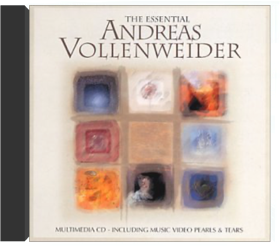 The World's Favorite Piano Music Vivaldi: The Four Seasons Vivaldi: The Four Seasons Spring 3:16 I Allegro The Four Seasons Classical Spring 3:12 II. Largo The Four Seasons Classical Spring 4:19 III. Largo The Four Seasons Classical Summer 5:16 I Allegro Non Molto The Four Seasons Classical Summer 2:34 II. Adagio The Four Seasons Classical Summer 3:03 III. Presto The Four Seasons Classical Autumn 4:56 I Allegro The Four Seasons Classical Autumn 2:58 II - Adagio molto The Four Seasons Classical Autumn 3:15 III Allegro The Four Seasons Classical Winter 3:36 I Allegro Non Molto The Four Seasons Classical Winter 2:22 II. Largo The Four Seasons Classical Winter 3:08 III Allegro The Four Seasons ClassicalBook of Roses Andreas VollenweiderChockablock stylistic collisions include virtuoso classical piano, medieval folk, blues-rock, the chant of Ladysmith Black Mambazo, pastoral orchestration and flamenco-frenzy, and that's merely within tracks 6-8. Not to damn it with faint praise, but this shapes up as a "Tubular Bells• for the '90s. —Jeff BatemanCosmopoly Andreas VollenweiderFully remixed and remastered in 24BIT Hi-Definition Audio, with bonus audio and video content. Edel.Eolian Minstrel Andreas VollenweiderAfter a two-year break from recording, Swiss harpist Andreas Vollenweider returned with Eolian Minstrel, which marks a radical reworking of his music. The most obvious departure is the composer's collaboration with lyricists/vocalists Eliza Gilkyson (on most tracks) and Carly Simon (on one). In keeping with this conversion to the song form, Vollenweider has added a new perkiness to his music, so it sounds less like Yanni and more like Kenny G. —Geoffrey HimesKryptos Andreas VollenweiderComplete Hits Collection 1973-1997 Billy Joelitem is in great condition plastic has just been removed.Glass Houses Billy JoelBilly Joel has always wanted to be a rocker. That he made his name on piano ballads and was relegated to soft rock radio even disturbs him, if recent interviews are to be believed. For 1980's Glass Houses, Joel opted to take on the new wave with his usual arsenal of classic rock poses. With his knack for melody in place, he connected immediately with a string of hits he never surpassed. "You May Be Right," "Sometimes a Fantasy," "It's Still Rock n' Roll to Me" and "Sleeping with the Television On" are as powerful and succinct as Joel gets. —Rob O'ConnorThe Nylon Curtain Billy JoelBilly Joel's chameleonlike leaps from style to style have never resulted in a more audacious album than 1982's Nylon Curtain. Gloriously overreaching both musically—Joel seems compelled to act as both Lennon and McCartney on this heavily Beatles-influenced disc—and thematically, he takes on everything from romance in an age of alienation ("Laura," "A Room of Our Own") to the sociopolitical causes of that alienation ("Goodnight Saigon," the moving recession saga "Allentown"). And it all works. As a portrait of a pop artist getting the Big Ideas out of his system, The Nylon Curtain is hard to beat. —Rickey WrightThe Dance Dave KozDave Koz crosses a number of pop boundaries on this CD, bringing tunes associated with genres from Motown ("I'll Be There") to New Country ("The Dance") into the smooth jazz orbit while somehow managing to put a personal stamp on them all. His perky soprano sax blends beautifully with Luther Vandross on "Can't Let You Go," while he and Montell Jordan add new dimensions to the pure pop of Wham's "Careless Whisper." The collaborations continue with nice guest spots by Burt Bacharach, trumpeter Chris Botti, and David Benoit, while Koz does some compelling and innovative work with multiple overdubbed saxes on the pulsing Latin beat of "Cuban Hideaway." —Adam RainsThe Best of David Benoit 1987-1995 David BenoitNo Description Available
No Track Information Available
Media Type: CD
Artist: BENOIT,DAVID
Title: BEST OF DAVID BENOIT 1987-95
Street Release Date: 10/24/1995
Domestic
Genre: JAZZThe Best of Earl Klugh Earl KlughThe Best of Fourplay FourplayThe Best of George Benson George BensonNo Description Available
No Track Information Available
Media Type: CD
Artist: BENSON,GEORGE
Title: BEST OF GEORGE BENSON
Street Release Date: 11/14/1995
Domestic
Genre: JAZZCarmen Suiten / L'Arlesienne (Alfred Scholz) DDD George BizetAll the Seasons of George Winston: Piano Solos George WinstonThis CD is a sort of Reader's Digest version of George Winston's renowned solo piano discography. All the Seasons presents 13 abridged selections from Winston's seven solo recordings— "radio edits" that were supervised, as the liner notes indicate, by the pianist himself. Four "bonus tracks" are also included, and two are quiet, impressionistic gems that compare favorably with Winston's classic Autumn to December period. "Sandman" is an instrumental version of a section from the Meryl Streep-narrated storybook album The Velveteen Rabbit, and "Northern Plains" is a hushed, contemplative jewel, though its abrupt conclusion is a bit odd. Perhaps this, too, is an advanced edit of a piece that will someday be more fully realized. Ultimately, this album is best-suited for listeners unacquainted with Winston's work, since fans are likely to be dismayed when favorites such as "Colors/Dance" and "Joy" travel to unexpected places. For Winston neophytes though, the album offers a decent overview of his first 25 years of recording. —Terry WoodAutumn George WinstonThe precursor to 1982's commercial breakthrough, December, George Winston's 1980 Windham Hill debut boasts all the lyrical power and poignancy of its follow-up. A simple, clear recording for solo piano, Autumn finds Winston developing simple melodic motifs with studied left-hand underpinning, on hypnotic pieces like "Woods," which moves from a brisk rhythmic figure to rubato minor-key runs. Leaving pauses and breaths in all the right places, Winston suggests the play of color and light, the comfortable melancholy, and the encroaching slow-down that characterizes the fall season. Full of memorable themes, sure pacing, and whiffs of classical grandeur, Autumn is a timeless album that belongs to the firmament of the new age canon. —James RotondiDecember George WinstonDecember holds the distinction of single-handedly putting Windham Hill on the map and being the new age album most likely to find its way into music collections of all ilk. In spite of being relentlessly overplayed during the holidays, the solo piano recording has aged quite well. Winston shapes holiday war-horses and original compositions into a captivating contemporary statement. His spare, understated style captures the feel of the dark season, employing ample resonance to evoke a reflective spaciousness. The album's straightforward simplicity conveys both the celebration and quietude that characterize the best of the Yuletide spirit. —Richard PriceLinus & Lucy: The Music of Vince Guaraldi George WinstonJapanese Release featuring 17 Tracks Including the Exclusive Bonus Track the Red Baron.Plains George WinstonThis Limited Edition of "Plains" is a two disc set. It includes all the great piano music on the regular "Plains" Limited Edition CD plus two guitar bonus tracks, as well as a second CD "A George Winston Sampler." The solo guitar bonus tracks are "Sase" and "Muliwai." Both are played by Winston on the slack key guitar. The "Sampler" includes selections from eight other Winston CDs, a brand new track and two duets with Keola Beamer and Led Kaapana: ten songs in all. Songs include "Honeysuckle Rose," "Shaka Slack Key", "Woods," "The Great Pumkin Waltz," "Blossom/Meadow" and "Fragrant Fields." "Plains" is labeled as HDCD: High Definition Compatible Digital.Summer George WinstonGeorge Winston has the unique ability to play bright, uplifting, yet stingingly melancholy piano, and Summer is one of the best examples of his fine work around. Somewhere between the ambient-style tone poems of Winter into Spring and the melodious charm of Autumn, Summer dances brightly, evoking images of relaxing under a tree or children playing in a field. Highlights are many and include Winston's "Lullaby," full of melody and lyrical tension; "Hummingbird," with its whirling repetitive structure, reflecting the vibrant dimension of nature during the summer season; and the fun, rambling "Corrina, Corrina." In short, this is another album of what Winston does best—underscoring the poetic moments of life through poignant, beautiful music. —Karen KarleskiWinter into Spring George WinstonMore like poems for piano than traditional, structured songs, the music of George Winston plays like a lyrical soundtrack to the natural world's rhythms, and nowhere is this more brilliantly enacted than on his third album, Winter into Spring. There are wondrous, beautiful melodies here, but what's amazing is Winston's intense inspiration that spills from his spirit and flows straight to the keys. He uses simple techniques that would hardly impress the most intellectual of music critics but can bring any listener with an artist's heart to tears. Tense and full of motion, his Steinway urgently rolls through songs like aspen leaves fluttering in the wind. From the first sparse, tinkling notes of "January Stars," Winston pulls you into his solitary dreamscape and doesn't let you go until the CD's end. During "January Stars" it's hard not to imagine standing in crunchy snow while staring up at stars glittering in a black, expansive sky. Another standout, the 10-minute "Rain," may be the most archetypal of Winston pieces. Beginning with serene, deliberate melodies, the piece jumps into a chiming complexity that grows until the listener is drenched in streams of urgent, rushing-watery notes. It's fitting Winston named this album after a transition because the music couldn't take you to lovelier places. A masterpiece. —Karen KarleskiMy Romance: An Evening with Jim Brickman Jim BrickmanIt's not the Grammy Awards. It's not the platinum discs. The premier status symbol among New Age-classified musicians is landing the starring role in your own public-television special, and pianist Jim Brickman deservedly joins the short list of artists granted such pledge-attracting exposure. Brickman's two sides—as composer of intelligent, pop-impressionistic instrumental works and as stardusted romantic songwriter—are displayed equally on My Romance, recorded live in Salt Lake City in March, 2000. Brickman, an amiable host, is in vigorous form here, and his instrumental selections again reveal his uncommon talent for pulling heartstrings from an elevated plane, intertwining lovely melodies with a wistful harmonic flair in ways that satisfy listeners cerebrally and emotionally. David Benoit contributes to a splendid duet on "Glory," one of the disc's five new pieces. Even so, ardent fans who own all of Brickman's earlier works may view this disc as an attractive souvenir but not an indispensable recording. Donny Osmond and Olivia Newton-John (who cowrote a new ballad, "Change of Heart," with Brickman) appear as guest vocalists, and Brickman himself makes an agreeable vocal debut on "The Love I Found in You," one of two pieces featuring Dave Koz. Although "Circles," a new instrumental, is surprisingly mundane, the back-to-back rendering of "Freedom" and "Edgewater," two of his most expressive compositions, is the disc's highlight. —Terry WoodPicture This Jim BrickmanPianist Jim Brickman would like you to picture a world that is prettier, more contented, and more emotionally in-tune than the world you probably see through your windshield each day. It may be just wishful thinking, but Brickman's music indulges in the dream anyway, and those inclined to share in the momentary journey will find it is a lovely, often romantic ride. The Cleveland-born pianist understands his strengths and sticks close to the white keys in this very inviting 13-track collection. Brickman specializes in crafting pop-influenced melodies that, to his credit, aim for the heartstrings through intelligence and subdued elegance rather than schmaltz. The album's most circulated cut is its lone vocal selection, the soft-pop hit "Valentine," sung by Martina McBride, but all 12 instrumentals are individual jewels of understated beauty. "Secret Love," for example, opens with sparkling, hopeful passages, followed by the hesitancy and uncertainty of a muted cello, resolved by a flood of expressive flourishes that beautifully convey pent-up romantic release. Even his reworking of "Frère Jacques" suggests a thoughtfulness that can make listeners rethink the tune themselves. A great choice for clear-eyed romantics. —Terry WoodBarefoot on the Beach Michael FranksSpecial 24bit K2 Japanese limited edition issue of the album classic in a deluxe, miniaturized LP sleeve replica of the original vinyl album artwork.Dragonfly Summer Michael FranksNo Description Available
No Track Information Available
Media Type: CD
Artist: FRANKS,MICHAEL
Title: DRAGONFLY SUMMER
Street Release Date: 04/13/1993
Domestic
Genre: JAZZ VOCALSThe Best of Michael Franks: A Backward Glance Michael FranksTubular Bells Mike OldfieldRemastered edition of the new age/art rock composer's 1973 release. Digitally remastered by Simon Heyworth (who originally co-produced 'Tubular Bells' with Oldfield and Mike Newman) using the latest technology. Artwork has been digitally restored and includes additional photos and brand new sleeve notes. 2000.Serie Sem Limite Fase II Milton NascimentoViolinkonzert/Serenade Peter Iljitsch TschaikowskyCaravan of Dreams Peter WhiteVaughan Williams - Along the Field on Wenlock Edge · Merciless Beauty · Ten Blake Songs, and others / Ainsley · The Nash Ensemble Ralph Vaughan Williams, John Mark Ainsley, The Nash EnsembleBest of Randy Crawford Randy CrawfordChill Factor Richard ElliotAfter making his name with Tower of Power and the Yellowjackets, Scottish-born saxophonist Richard Elliot made the transition to smooth jazz with much success. On this, his 11th album as a leader, Elliot stays true to the sound that has won him so many fans. Snaking his lush and friendly sax between mostly midtempo beats, Elliot dusts his warm tone with just the slightest hints of soul and funk. A vocal track with Siedah Garrett and a guest spot by Rick Braun add to the album's pleasing diversity. —S. DudaSarah Brightman Classics Sarah Brightman, Tomaso Giovanni Albinoni, Francisco Tarrega, George Frideric Handel, Fryderyk Chopin, Sergey Rachmaninov, Giacomo Puccini, Antonin Dvorak, Andrew Lloyd Webber, Ludwig van Beethoven, Joseph Marie Canteloube, Francesco Sartori, Paul BatemanSarah Brightman Photos
More from Sarah Brightman
Time to Say Goodbye
Diva: The Singles Collection
Eden
Diva: The Video Collection
Live from Las Vegas
La Luna (Live in Concert)Simply Red - Greatest Hits Simply RedJapanese Release featuring a Bonus Track.Got the Magic Spyro GyraSpyro Gyra can always be counted on to combine studio artistry and some deeply felt playing to create a smooth blend of jazz, Latin, and soul elements. For this CD, saxophonist Jay Beckenstein depends primarily on the core band of keyboardist Tom Schuman, guitarist Julio Fernandez, bassist Scott Ambush, and drummer Joel Rosenblatt, but he's also enlisted guitarist Chuck Loeb as producer on six cuts. Loeb adds some distinctive touches, such as the classic R&B variations of "Breezeway" with electric piano, vibes, and wah-wah guitar, while his own tune "Pure Mood" is a subtle mix of classical and soul. Beckenstein's soprano and alto saxes often provide a central focus that's lyrical and moving, while Fernandez adds distinctive touches on electric and acoustic guitars. British singer Basia adds to the warm Brazilian breeze of "Springtime Laughter." —Adam RainsFields of Gold: The Best of Sting 1984-1994 StingTrack Listings 1. When We Dance 2. If You Love Somebody Set Them Free 3. Fields of Gold 4. All This Time 5. Englishman in New York 6. Mad About You 7. It's Probably Me 8. They Dance Alone (Cueca Solo) 9. If I Ever Lose My Faith in You 10. Fragile 11. We'll Be Together 12. Moon Over Bourbon Street 13. Love Is the Seventh Wave 14. Russians - Sting, Prokofiev, Sergei 15. Why Should I Cry for You? 16. This Cowboy Song 17. FragileSongs Of Love StingSting / Songs Of Love Label: A&M Records Year: 2003 Track Title 1. Sacred Love 2. When We Dance 3. Mad About You 4. They Dance Alone 5. You Still Touch Me 6. Fortress Around Your Heart 7. Ghost Story 8. I Burn For YouThe Dream of the Blue Turtles StingFrom one spin of The Dream of the Blue Turtles, Sting's first solo release, it's obvious that for him there would be life beyond the Police. Teamed with a band of top jazz players, he presents his musical visions that had gone unrealized while he was still constrained by his former ensemble. In style and subject matter, it's a decidedly diverse collection of songs and the playing is excellent throughout. The love songs are mostly focused on endings or escapes, and it's quite possible to interpret much of the imagery in reference to the bitter breakup of the Police. Sting's concern with history and politics is in evidence: he makes a father's plea for sanity and restraint in the nuclear age, takes up for the U.K.'s much-abused coal miners, and relates the savage stupidity of World War I to the destructive effects of adolescent heroin addiction. Songs that seem elaborately constructed and recorded contrast with others that are presented as one-take jams. Seen as a whole, The Dream of the Blue Turtles is eclectic, ambitious—sometimes pretentious—but altogether worth owning. —Al MassaBrand New Day Sting, Cheb MamiThere is a difference between being an inspired musician and an informed musician. Sting is the latter. As always, he surrounds himself with ultratalented artists: this time around Stevie Wonder, Branford Marsalis, James Taylor, guitarist Dominic Miller, and the prince of rai Cheb Mami, fill the roster. Brand New Day exhibits about as many musical styles as there are tracks, all encased in dense, meticulous production. The album begins promisingly. "A Thousand Years" pulses atop a lush, two-note foundation. "A Desert Rose" folds trilling Algerian pop into trip-hop. Melodic, late-night jazz ballads dominate the middle portion of the collection. But Sting's preoccupation with odd-numbered time signatures prevents the songs from grooving, while the choruses are yawns. "Fill Her Up" (no, not "Fill 'Er Up"), a country tune, represents Sting at his most self-indulgent. Listening to one of the wealthiest musicians in pop singing "Got no money to invest / Got no prospect / Or education / I was lucky to get the job at this gas station" requires a heroic suspension of disbelief. The song morphs into this gospel number where Sting and a supporting chorus chant "You gotta fill 'er up with Jesus! / You gotta fill her up with life!" Who knew unleaded could be so rousing? —Beth MassaEvery Breath You Take: The Classics The PoliceThe Police, Every Breath You Take: The ClassicsReprise: 1990-1999 VangelisThe Best of Smooth Jazz, Vol. 4 Various Artists |
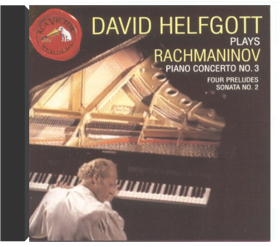
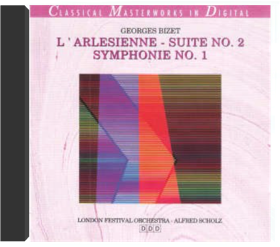
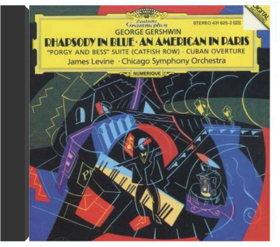
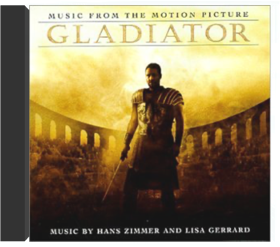
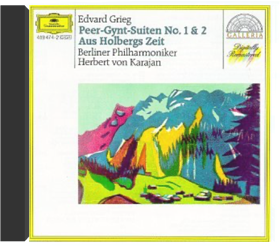
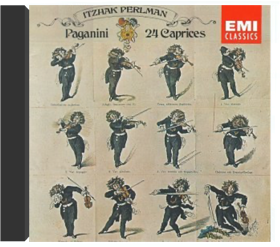
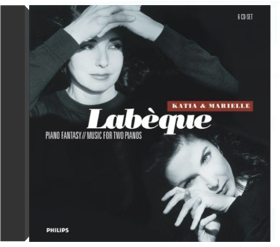
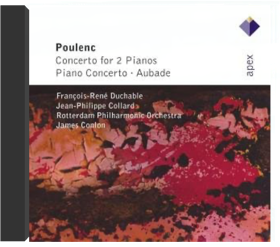

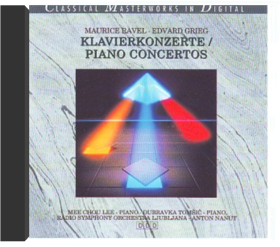
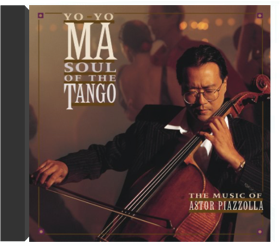

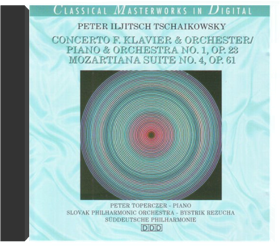
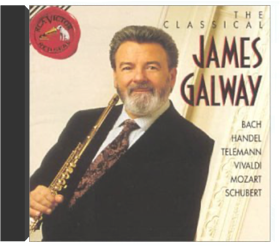

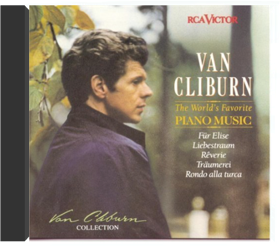
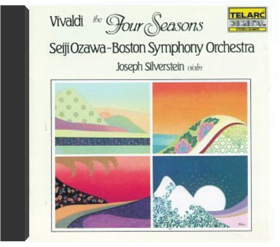
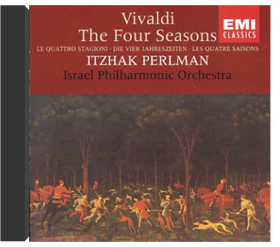
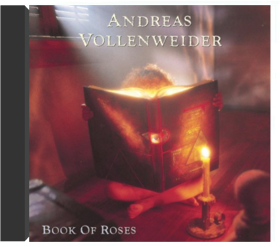
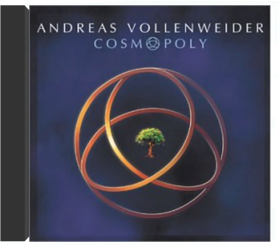
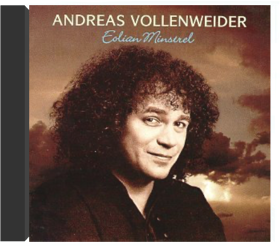
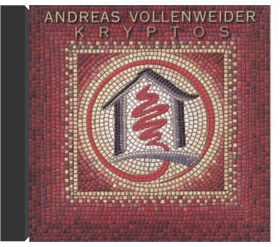
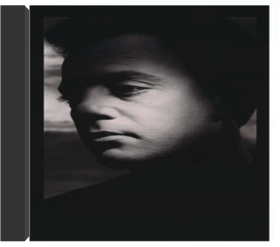
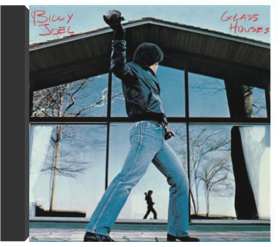
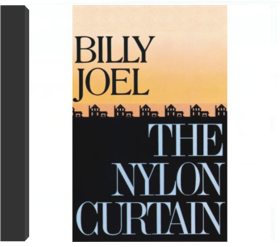
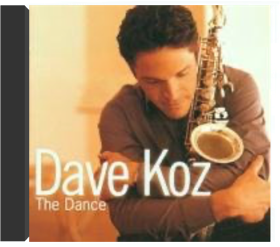

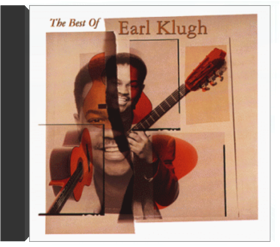
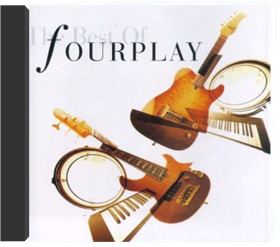
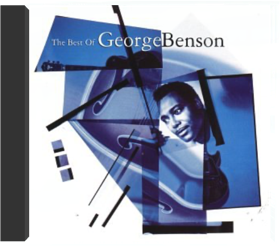
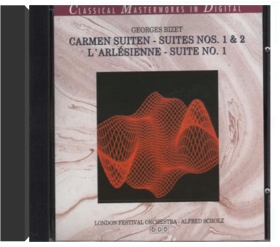
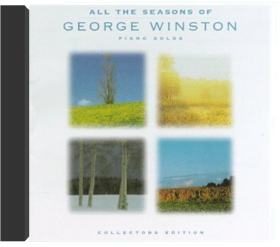
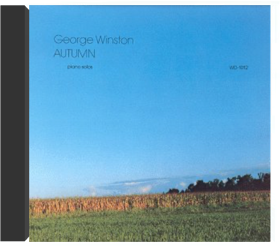
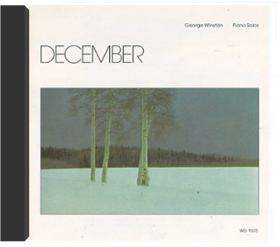
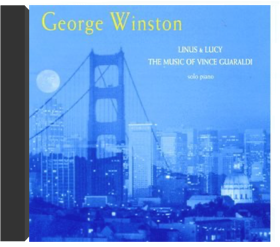
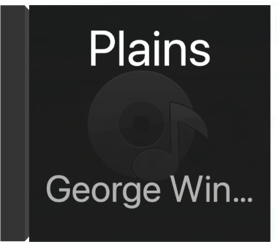
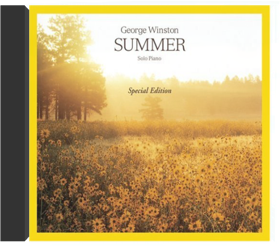
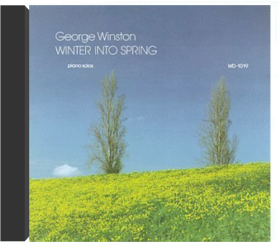
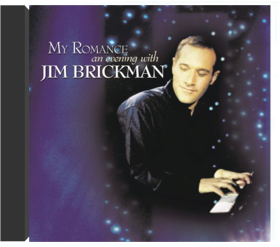
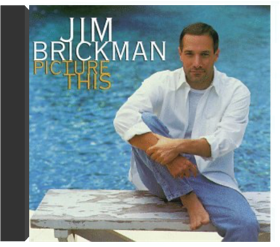
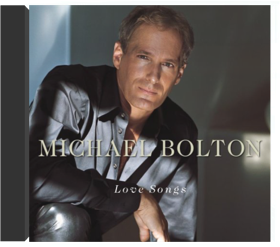
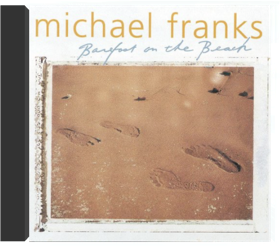
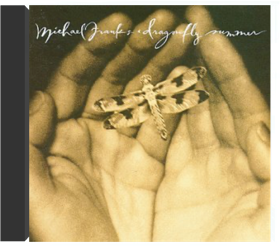
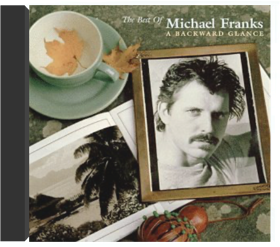
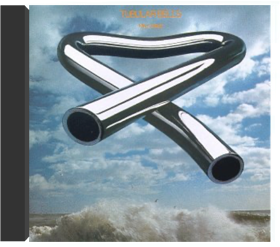
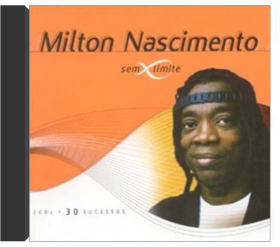

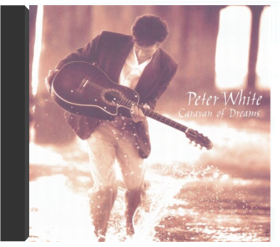
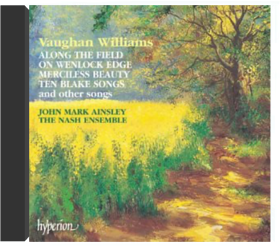
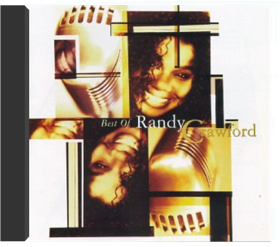
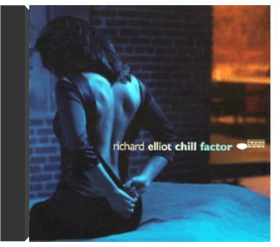
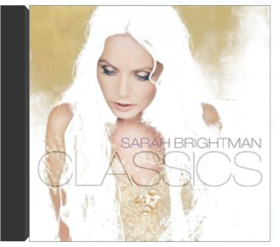
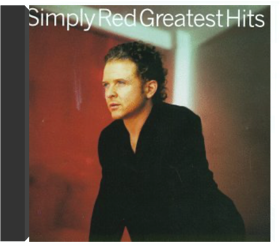
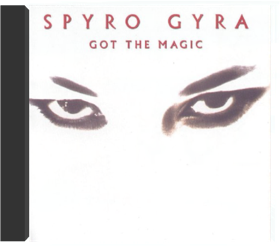
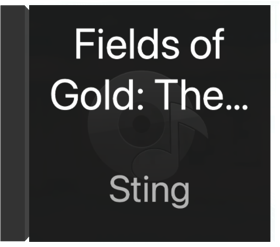

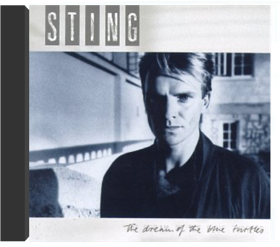
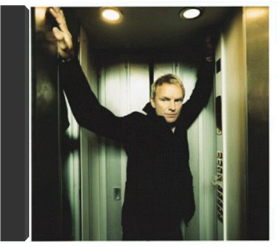
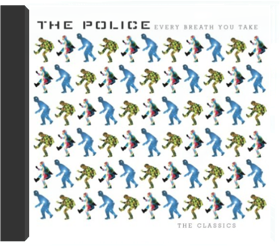
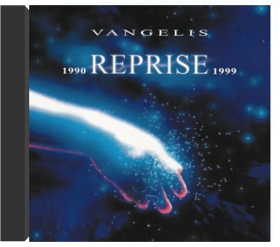
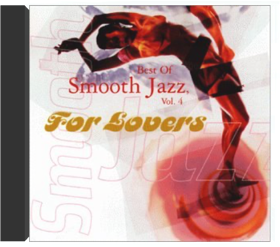


 Made with Delicious Library
Made with Delicious Library